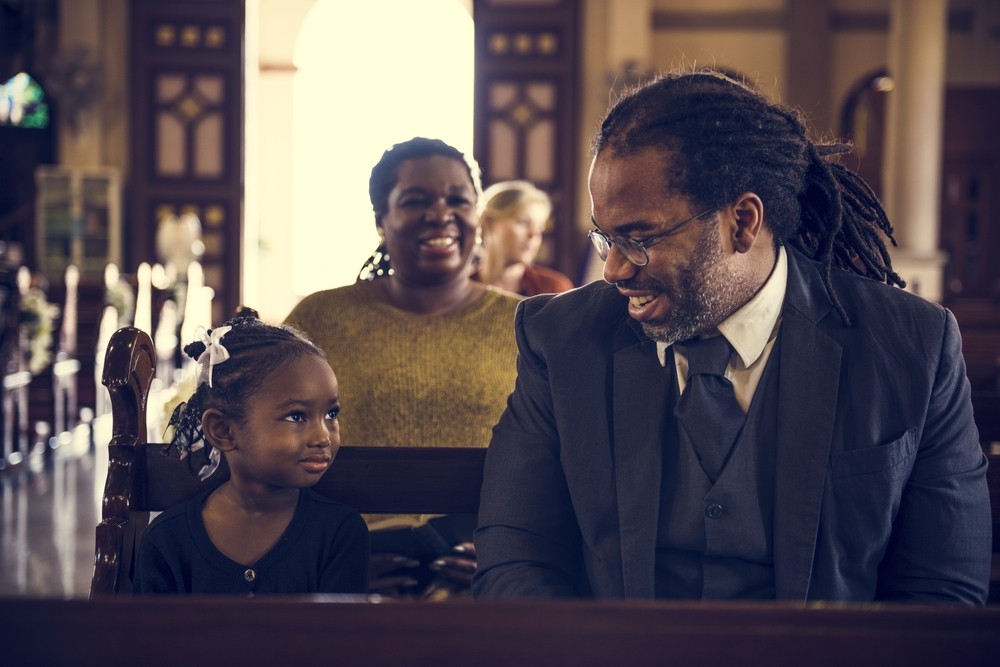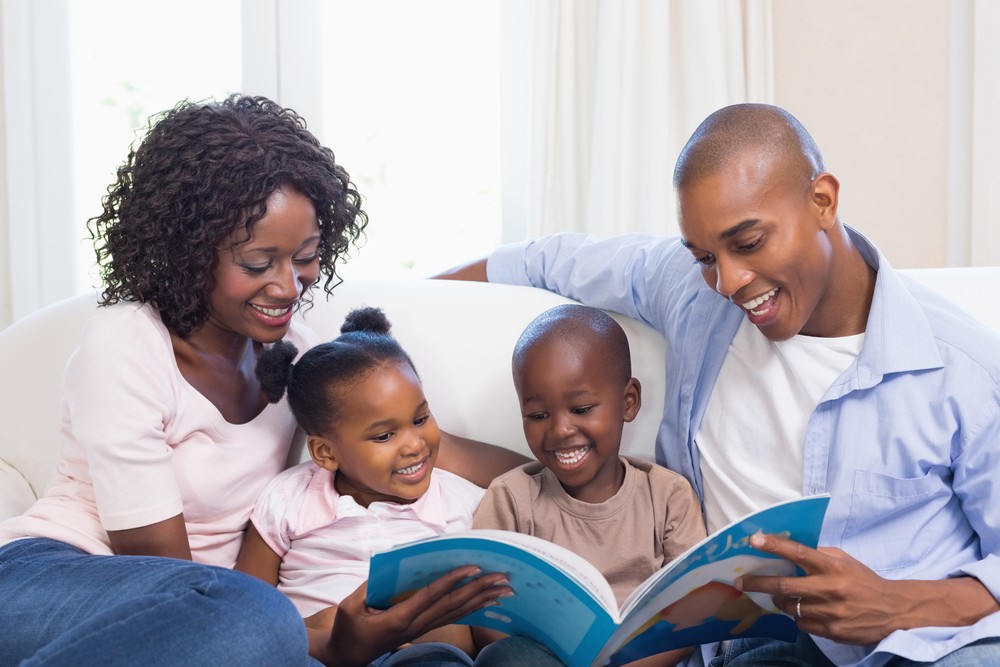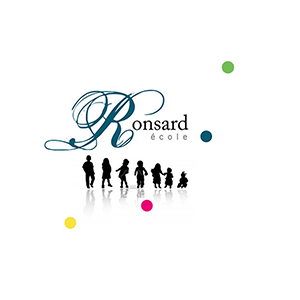21st Century Parenting: Where Do We Draw The Line?
21st Century Parenting: Where Do We Draw The Line?
Growing up is inevitable and one huge part is the change that comes with it.
Each stage of growth requires specific information which acts as a map, routing our lives to make informed and salient decisions.
It goes to say that, learning takes place every day, and just like grown-ups, children are equally going to pick up a lesson or two, either from their homes, their immediate society, or in the classroom.
Through whichever means, information would be made available to children, regardless of how pervasive the content is, they are going to learn and know things.
This information is life’s tenets, streaming from character development to the acquisition of a set of skills or anything that accurately satisfies our inherent inquisition.
Be it a mathematical formula, an archaeological ruin, respect, tolerance, or why people are suddenly walking about wearing masks.
As parents, we serve as the final barrier of morality— if this is the case, then how much of this duty do we leave to chance, deliberately take a break to address, or do we assume children learn from just watching and where exactly do we draw that line?
Notably, the mind of a child is like an entangled web that requires the intentional efforts of an adult or parent to free it from this unfiltered information, misconceptions and stereotypes.
With that established, let’s consider these settings where children learn and pick most of this information
The school system- schools are founded on a set of rules and principles that govern them.
When children walk through the gates of a school, they know there is zero-tolerance for bullying, that they ought to be prudent and respectful towards their mates, teachers, authority and equally learn diligently to pass their exams.
This means schools go out on their way to spell out specific rules and regulations which serve as a guideline to help children find their path in that space without stepping consciously on the toes of others.
Surprisingly, some of these things go without mentioning but things are written down so children in most instances know what is required of them whenever they are in school.
Arguably, all the things a child needs to know cannot be summed up and slammed into a rule book, meaning, traits that may be as paramount may fall through the cracks with no one immediately tackling them.
And as children relate and mingle with other children coming from diverse backgrounds and cultures, they are presented with a broader spectrum of ideas they may not have an immediate understanding of.
At this stage, children have access to unprocessed information which could mean anything in their heads.

Then there is society, playing a pivotal role in shaping children. It comprises of people going about their lives in ways they deem fit and appropriate.
In society, rules and regulations are unspoken yet there is a vivid picture of what is expected from everyone.
This is because it is carved and set up in a way that, even in the absence of written down rules, children know the urgency in obeying the elderly, that killing, stealing and other wrongdoings are frowned on.
In some extensive cases, children would dare not utter categorised words amid grown-ups because of the glaring consequence that could follow.
This goes to say policing morality is bare but bounded to specific vices.
It attempts to shed light on the presumption that, a neighbour would not hold his tongue to avoid giving your child the wrong impression.
That advertising companies wouldn’t consider filtering their messages or stop mounting billboards that skillfully propel promiscuity and sexual gratification because of children.

Over the years, the religious setting has set a precedence as a body that prioritizes instilling traits that are acceptable and valued into children.
This system is almost synonymous to the school setting where children are lectured on rights and wrongs.
They are kept in the known of the repercussions for stealing, committing adultery, murder, bearing false witness, amongst others which is commendable.
Unfortunately, there is a downside— mostly in this setting, children are not presented with factual reasons why they are not supposed to enjoy fruits from this tree of knowledge of good and evil.
They are subtly coerced into submission with the constant use of hell as a scarecrow to dissuade them from falling short.
This creates an unsettling room, making it strenuous to tell if children are aware stealing from someone could be eternally damaging or merely lying can potentially land someone in prison.
The tone here is more or less like the master-servant relationship, obeying without asking questions or complaining.

Dialling it all back to the home, we could say children do not only see their parents as heroes but their immediate role models as well.
Inherently, children pick a lot from their parents— from character traits to career choices through to their basic lifestyle. It’s then safe to assume every parent wants the ultimate best for their children.
In the home, parents make sure they live exemplary life worthy of emulation.
In as much as every parent can make a clear distinction between right and wrong, can they be as certain in determining what the child sees, hears and assume?
As humans, we are prone to mistakes hence the likelihood that a parent wouldn’t filter their language, provoke an action oblivious that one child overheard that swear word or obscene action cannot be underemphasized.
Is that child going to be present when realization dawns on the parent to make the necessary correction?



